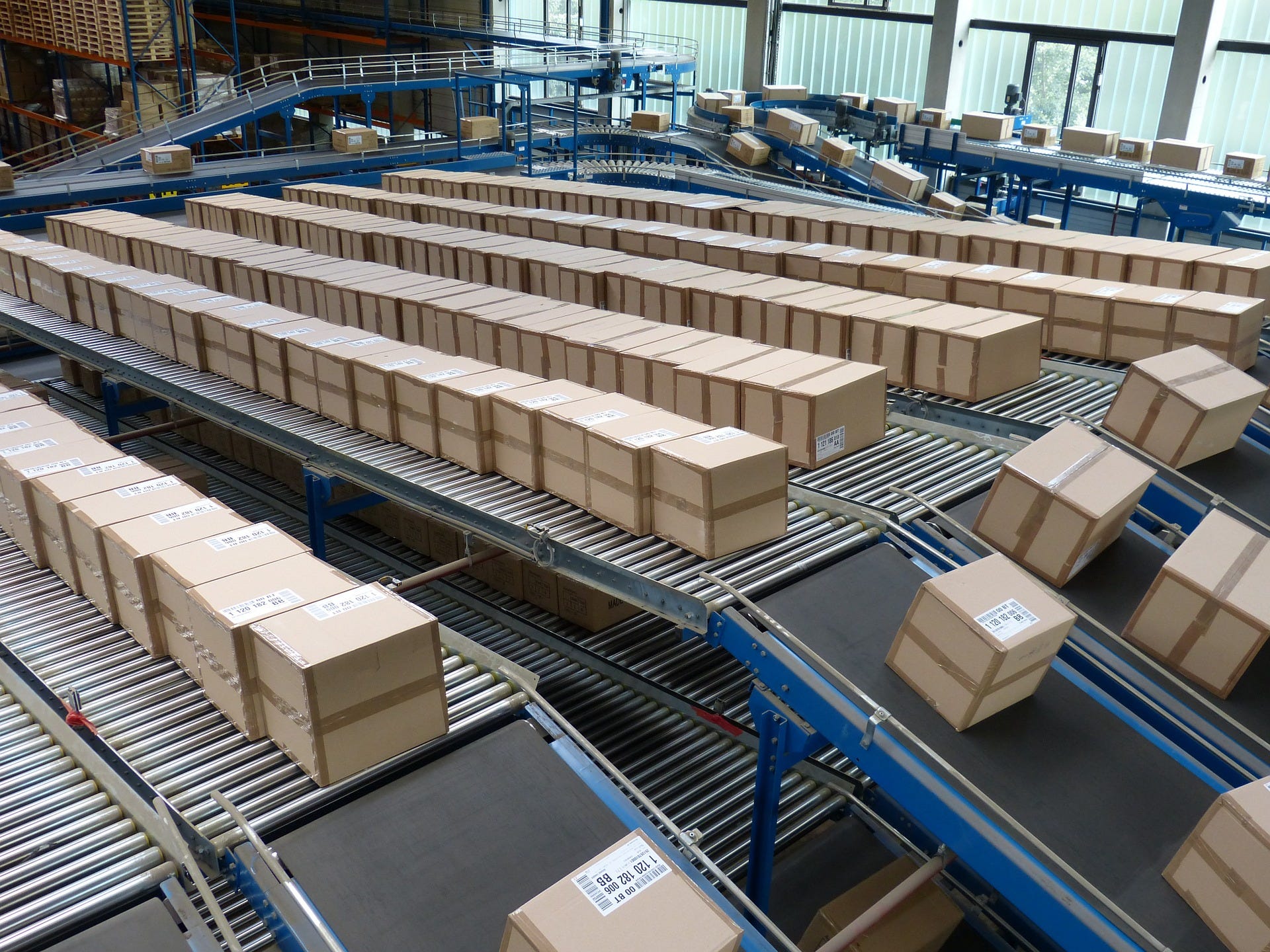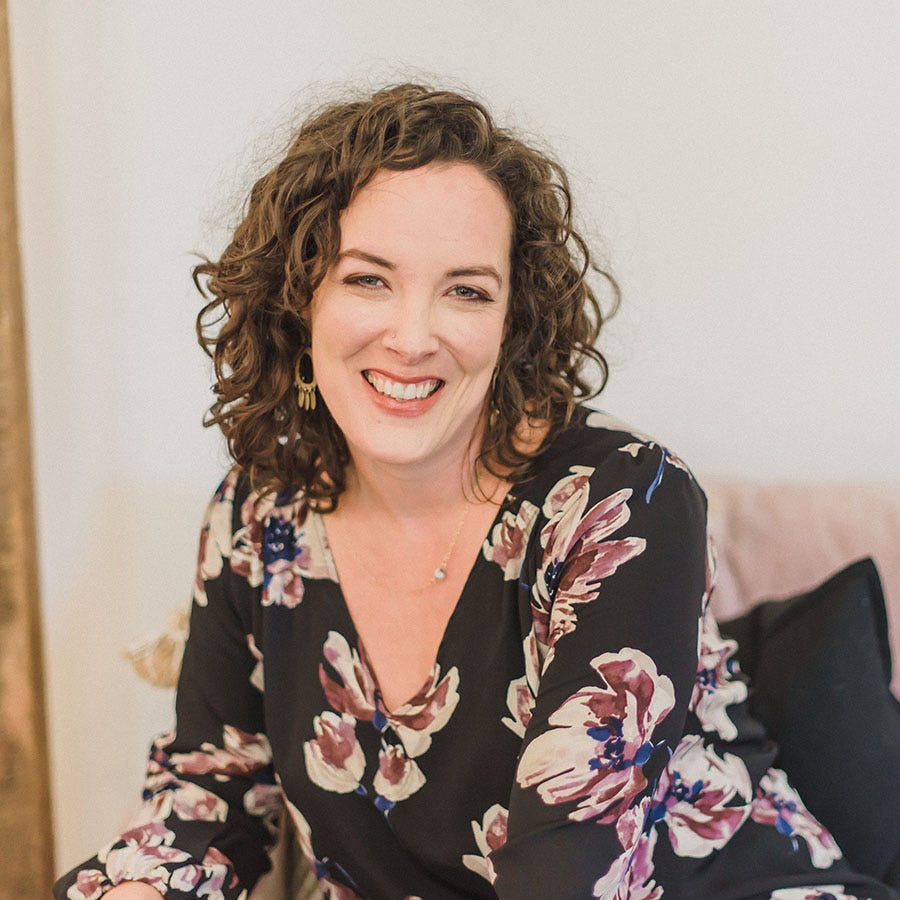3 Things I Learned From Owning a Product Based Business
Link to original article HERE!
The Three Things I’ve Learned From Owning a Product-based Business
9 Product-Based Business Owners Discuss Lessons Learned

We live in what I call the “Shark Tank Era” where now, more than ever, we are seeing an influx of entrepreneurs arising from every nook and cranny of the nation. From those tackling side-hustle affiliate programs, to serial inventors and startup “feens”, the spirit of entrepreneurship in 2019 is alive and well.
That being said, while according to The Small Business Administration (SBA) nearly 80% of small businesses survive their first year, only 50% have survived five years or longer throughout the past decade. Only roughly one-third of small businesses survive 10 years or longer.
Why is there such a high failure rate?
Well according to CB Insights, 42% of businesses fail because there is no need in the market, 29% fail because they run out of cash, 23% lack an adequate team, and 17% flop because they don’t have a strong enough business model.
So, how do you beat the odds? I turned to 9 product-based business owners– a category subject to market need, cash flow, team building, and a sustainable growth model– to collect their top three lessons learned since company inception.
All you aspiring entrepreneurs out there, listen up!

Bethany Tran | Founder + CEO | The Root Collective
1. Community is everything. The Internet is still the Wild West, and you need to have a tribe surrounding your business. You’ll have a built-in sales team, and you cannot grow without them.
2. Be incredibly clear on your story. You have 2 seconds to get someone’s attention once they hit your website. You have to communicate simply how you can solve their problem or you’ve lost them.
3. You are first and foremost a customer service business! Regardless of what product you sell, your customer service needs to be top notch. Getting customers is the hardest part, so you want them coming back time and time again. Make sure they feel like they’re the most important part of your day every time you interact with a single person.

Georgia McKinney | Founder and Inventor | Flight Fillow
1. Progress is better than perfection — if I waited until everything was perfect to start my business and put the product on the market, I definitely wouldn’t be where I am today.
2. PR is so powerful and valuable, better than paid advertising. When I first started my business I didn’t see the value of PR and spent thousands of dollars on PPC advertising. Then I had one PR opportunity that was FREE and it brought me more sales than the thousands of dollars in paid advertising ever did. Now I’m pivoting my business to focus on obtaining more PR opportunities and not paying for ads anymore.
3. You can figure anything out if you try hard enough. With all the free information out there and the power of Google, there is no excuse. If you don’t find the answer right away, keep pushing through because you WILL figure it out.

Brittany Merrill Yeng | Founder | Skrewball Whiskey:
1. A ton of work goes into making “simple” things. I could not believe how complex the process was for making something as seemingly simple and commonplace as a product label. It amazes me every time I visit their factories and see the 20+ steps that go into these processes that I could not have imagined. To add on to that, each component needs to be sourced from a different supplier — only adding to the complexity. Now, every time I walk into a store, I have a whole new appreciation for all the products on the shelves, and I’m amazed that companies were able to bring to market some of these products at such affordable prices.
2. Plan, plan, plan! Related to the first item, everything takes so long. “Supply chain” did not exist in my vocabulary. Like most of us, I’ve become accustomed to 2-day shipping, easy returns and great customer service. These do not exist in the manufacture and wholesale world. I was shocked the first time someone quoted me 6 months for a component. Even with long lead times, nothing seems to arrive on time or when you need it. I quickly learned the importance of planning ahead and staying ahead.
3. The consumers were not in your marketing meeting. And, they may not go to your website and try to learn more. You spend a lot of time creating and finessing the brand, yet many people only see the product on the shelf. The product has to explain everything to the consumer. I was totally caught off guard when someone asked what the cow is doing on our bottle (our logo is a black sheep…). After hearing from customers and seeing that I had left open huge gaps about our brand for someone who was not as familiar as me — who lives and breathes the brand — we tweaked the packaging to better educate the consumer.

Vinay Amin | CEO & Founder | Eu Natural
1. Customers will save you or sink you, so treat them well. You may be selling product, but if customers buying that product don’t like your attitude, they won’t like your product either.
2. Money, money, money. It isn’t all about money, but be prepared to spend a lot of it to get yourself started. And accept that you won’t make that all back at once. It comes with time.
3. Insurance is important. It’s the boring part of business, but essential, especially when you have physical product to lose. Theft, disaster, accident, whatever it might be, make sure you’re covered if you have to suddenly replace all your stock.

Kim Hawkins |President |Wholesale Event Solutions, Inc.
1. Get legal advice about confidentiality and non-compete agreements before hiring anyone. Our biggest challenge or roadblock was with our first employee who worked for us for several years. We trained her on everything having to do with running an e-commerce business, and gave her supplier and customer information without a second thought. She had complete knowledge of confidential business practices as well as all of our advertising keyword information. Little did we know that one day she would go out on her own and start a competing online business! Moving forward, we always have all of our employees sign a non-compete/non-disclosure agreement to protect our business and prevent this from happening again. Intellectual property can include suppliers, customer lists, advertising keywords, and other confidential information unique to your individual business.
2. Monitoring our Google Analytics has been vital to ensuring we make money from all of our advertising efforts. As an e-commerce company, Google advertising drives the majority of our business. Analytics shows us exactly which keywords convert into sales, and which ones do not. By closely monitoring our keywords and conversions, we ensure that we do not waste a lot of money on poorly converting keywords. We also advertise through Bing and Yahoo ads, Facebook, Pinterest, and YouTube, but most of our revenue consistently comes through Google. We are able to monitor the results of all of our advertising efforts through Google Analytics. Because the market is constantly changing, it is vital to our business that we stay on top of statistics and keyword information. Google ads has been a great investment for our business, and the results of our advertising have kept us in business for the past 13 years.
3. Start with what you have and build from there. In today’s Internet society, there is no need to take out large risky loans to get started. Just start where you are and reinvest in your business as it grows. My greatest challenge was keeping up with the initial fast growth. We had more calls coming in than I had the time to handle. I had to learn to delegate tasks that I was not good at, or that I did not have the time to handle, and spend my time growing the business.

Ashley Bodi | Owner |Southern Sunshine
1. You can’t please everyone. Naturally you want to appeal to everyone but learning that you focus on your products that work and that drive customers to your business is where you have to place your primary focus.
2. Sometimes peoples perceptions or visions are different than yours. With custom furniture sometimes people don’t always understand that a handcrafted item is completely made by hand where there can be some slight imperfections depending on the design when it’s not made by a large machine. It’s learning to educate your customers on your products and what they can expect before they purchase from you. We started offering sample kits to our customers so they could see colors/materials in hand before purchase.
3. Focus on a few things and not all the things. It can be overwhelming when running a business with products to you may want to offer it all... It’s the quality versus quantity rule but really understanding your customers wants or needs before your own agenda can help you out in the long run. We tried to do it all in the beginning but then learned that customization was our niche and focused on that versus just the product designs that we liked.

Mary Tiffin | Founder |Mangata
1. The first thing that I’ve learned is if you choose to manufacture and import your product you need to be prepared for many challenges. Not only could these include manufacturer errors and quality control issues, but also be prepared for the impact of the international politics. Be prepared to be able to roll with the mercurial shifts in international relationships, as increased tariffs can shift and erode the margin on your product.
2. Promote, promote, promote. Whatever you anticipated your marketing/PR budget to be, double that number at least initially.
3. Your product line should always be evolving and improving. Listen to your customers, they will tell you how they need the upgraded products to look and work. Begin preparing the designs for the improved (updated) version of your product as soon as you achieve success with the first release. Freshness and updates sell!

Stephanie Doherty and Allison Panio | Co-Owners | The Teacher Tote, LLC.
1. Have a partner. It’s someone to split up the work with, bounce ideas off of, have your back, and experience the highs and lows of owning your own business. You each will find your own expertise in the business.
2. Whatever you don’t know how to do you’ll learn along the way. Starting your own business sounds like a huge undertaking, and it is! Especially if you didn’t go to college for business. However, there are so many tools and books out there that can help you learn just about anything.
3. Surround yourself with supportive people. If you tell someone you’re going to start a business and they laugh at you or say good luck, they are not your tribe. Find those closest to you–your partner, close family and friends–who will support you, cheer you on, and share your product.

Calloway Cook | President | Illuminate Labs
1. Every single aspect of the manufacturing process should be tested before a full manufacturing run. We had some issues with the physical label application on our first round of bottles. While this was technically the contract manufacturer’s fault and a breach of contract, it’s still my responsibility as the business owner to instruct them to send me test samples first to ensure the product is in good condition. I will never make this mistake again, and already took this learning lesson to hire a third-party label company myself for our second manufacturing round so I can manage this process myself.
2. Cash flow management is essential. Any business owner in the consumer product space knows that available capital ebbs and flows massively due to inventory orders. When we place a large inventory order, it might cut our working capital by more than half. For that reason it’s essential to minimize overhead as much as possible to minimize the need to take on debt during and after an inventory order.
3. The user experience (UX) is more than just the actual use of your product. For a supplement company the user experience isn’t just the consumer taking your product and how it makes them feel. It’s everything from their first touch of your website to the packaging and shipping time. To establish a strong brand value, the entire experience of purchasing your product online and having it arrive in a timely manner needs to be seamless.Ultimately, at the end of the day every new business will encounter a unique set of hurdles. That being said, take note of the commonalities outlined by our above group of entrepreneurs as this too will likely surface during your own journey through entrepreneurship.
